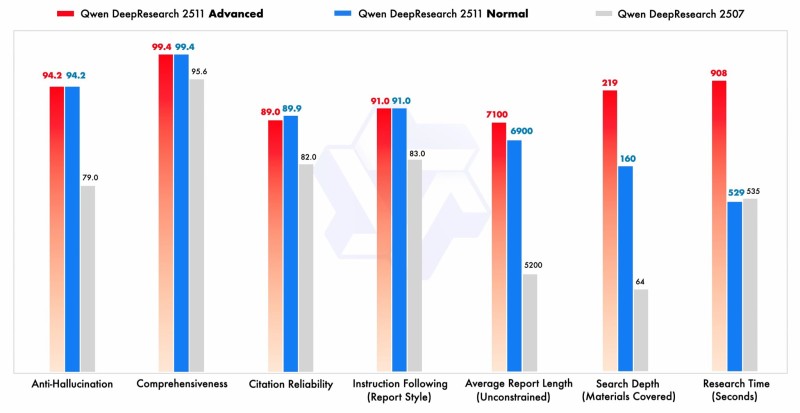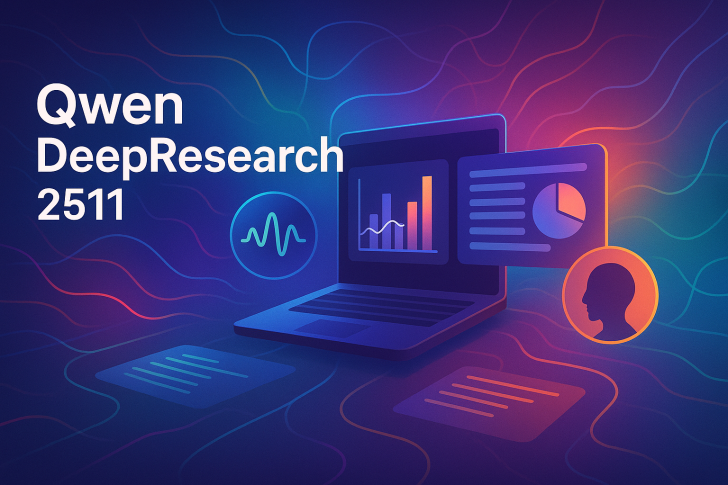⬤ Qwen announced that "DeepResearch 2511 is LIVE," calling it a major step forward in research automation. Users now get to pick between Normal Mode for quick, efficient results and Advanced Mode, which takes extra time to dig deeper into topics. This represents a turning point where AI research tools are becoming more flexible and capable, meeting the standards professionals actually need.

⬤ The launch comes as governments explore new tax structures targeting high-compute AI platforms. Potential increases in levies on GPU clusters and retrieval operations could drive up costs for deploying advanced research agents. These proposals threaten smaller AI companies with financial pressure and possible bankruptcies, while potentially pushing talent toward countries with friendlier regulations. These tax debates will likely shape which companies stay competitive in the research-agent space.
⬤ DeepResearch 2511 now supports file uploads for documents and images, dramatically improved search depth, and precise control over report formatting—from word count to paragraph structure. Performance metrics show clear improvements over the 2507 version: anti-hallucination scores hit 94.2, comprehensiveness reaches 99.4, and citation reliability approaches 90. Search depth jumped from 64 materials to 160 in Normal Mode and 219 in Advanced Mode. Reports also got longer and denser, averaging over 7,000 words compared to the previous 5,200.
⬤ The update introduces a new architecture that makes the platform smoother and more responsive. Advanced Mode takes up to 908 seconds for deeper reasoning, while Normal Mode stays fast without losing accuracy. As regulatory scrutiny increases and research workflows become more AI-dependent, Qwen DeepResearch 2511 positions itself as a next-generation engine built for analysts, academics, and enterprise users.
 Saad Ullah
Saad Ullah

 Saad Ullah
Saad Ullah


